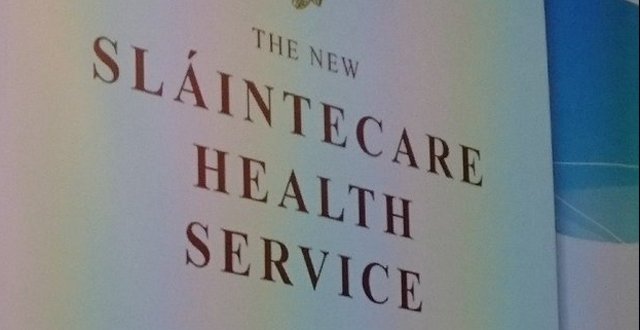The Council met for the first time on 24 October and it is expected that it will meet up to four times per year.
The College of Psychiatrists of Ireland said last month that it was “dismayed… [that] psychiatry is not represented” on the newly-formed Council.
Speaking to the <strong>Medical Independent</strong> (<strong>MI</strong> ), the College President Dr John Hillery said he found the situation “disheartening”. “I wrote to the Minister [for Health] and got an acknowledgment, but no more,” Dr Hillery told <strong>MI</strong>. “I’m disappointed in two ways, and my colleagues support me in this. The first is, the implementation of the major health plan for the next 10 years has no input from people involved with supporting people with severe mental illness. Secondly, doing that is giving the message out that mental illness is not really part of what our health services are about, and that’s unfair too.”
However, a Department of Health spokesperson said that it was unlikely to change the Council’s membership.
“The Council is made up of 23 people, comprising an independent chair, the Sláintecare Executive Director, clinical and health service leaders, patient/service-users, international experts and independent change management experts,” said the spokesperson.
“They do not represent any organisation or discipline and they were selected on the basis of their expertise or experience. There are currently no plans to enlarge or change the Council.”
Separately, the Irish Association for Emergency Medicine (IAEM) President Dr Emily O’Conor, who is a member of the Council, said recently that she would raise the issues of the acute sector at future meetings.
“Sláintecare is coming. Sláintecare is the effort by Ireland to have a one-tier system for health. Emergency medicine has a seat at this table and I’m proud that we got that seat because we are a small specialty and we are there,” Dr O’Conor told the recent IAEM Annual Scientific Meeting.
“So I will be working with Sláintecare over the next three years. The concern for us is that the major goal of Sláintecare is that primary care would be the solution to all our problems. And yes, primary care will be a solution to many of our problems, but we will still need strong emergency medicine, so that is what my job will be over the next few years.”













Leave a Reply
You must be logged in to post a comment.